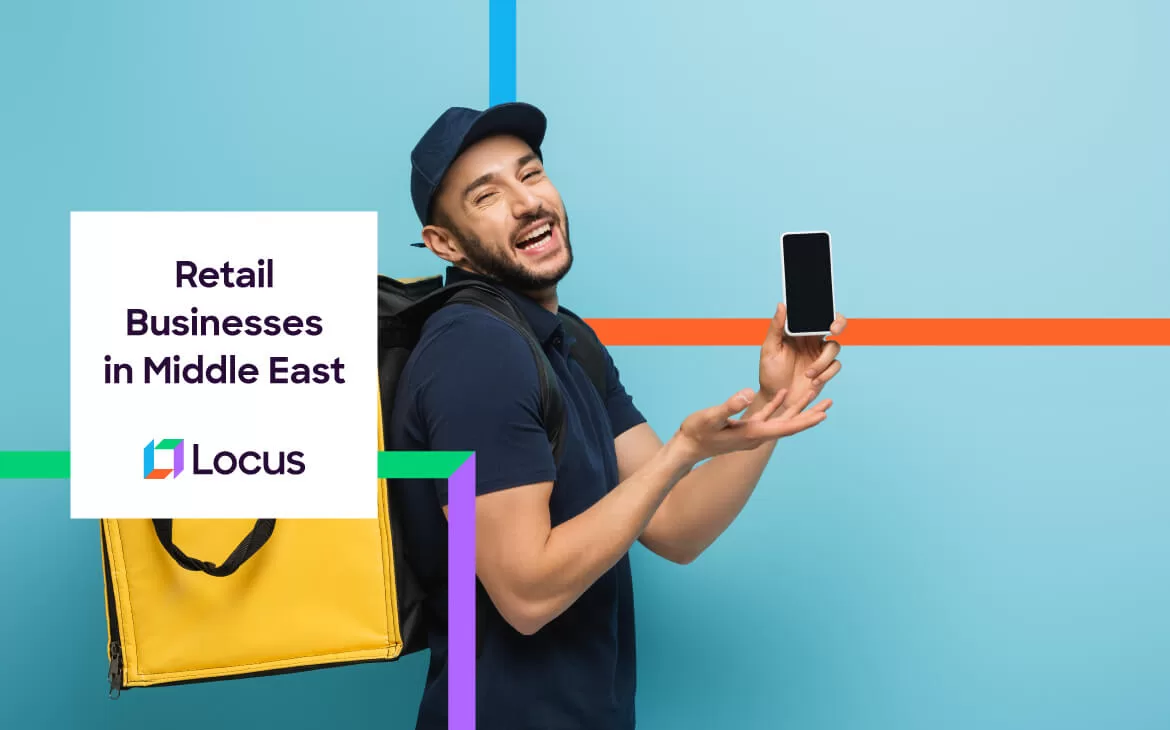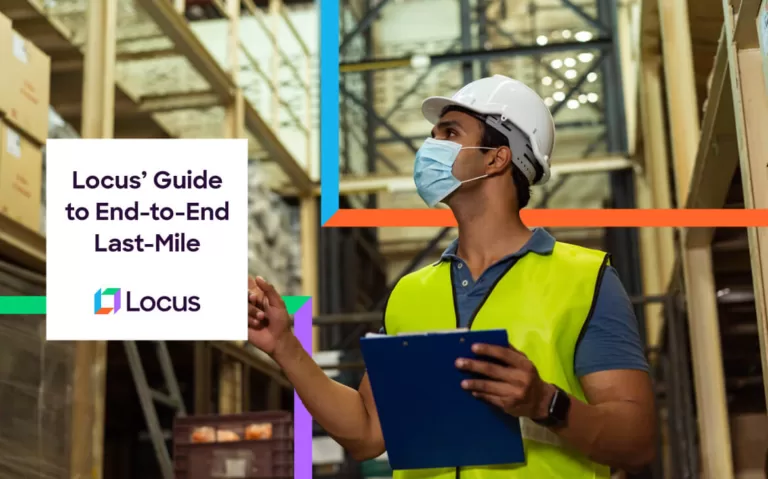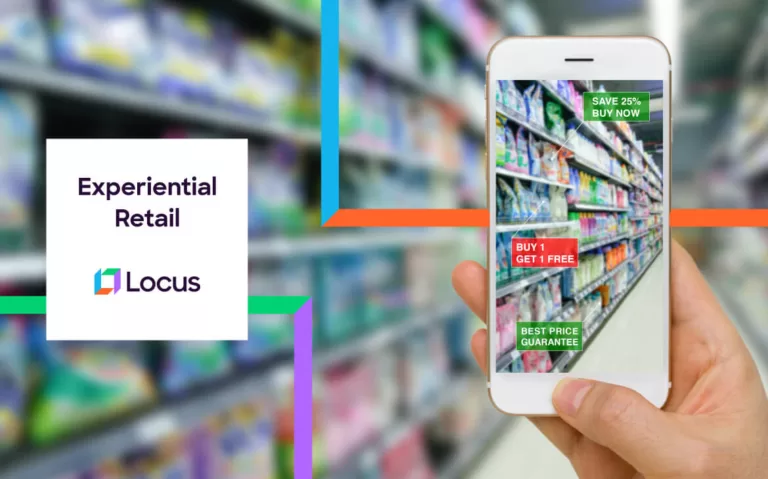Blog, General, Retail & CPG
Why Changing Dynamics in Middle East’s Retail Sector Mean New Growth Opportunities
Mar 2, 2022
5 mins read

If there is one sector in the Middle East whose growth story is worthy of envy, it is retail. Consumers in these regions have high disposable incomes and strong purchasing power. They meet their needs from various retail outlets, ranging from the humble next-door grocer to massive hypermarkets covering tens and thousands of square feet.
The good news is that the market is expected only to get bigger. The sector in the Gulf Cooperative Council (GCC) countries alone is expected to grow to $308 billion by 2023. Great opportunities attract a lot of attention. Given the relative ease of doing business and the low barriers to consumers switching brands, the retail sector is also arguably one of the most competitive spaces in the region.
Reimagining Retail in the Middle East
Like any sector, retail in the Middle East was also hit by the pandemic, and stores of all sizes were forced to adapt. A swathe of consumers was introduced to the conveniences of online shopping through websites and apps opened by or featuring their regular stores.
Almost overnight, this change in consumer habits meant the decades-long approach of retail through brick-and-mortar stores had to be diversified. Retailers now had to meet consumers at touchpoints previously unheard of. At the same time, they also had to integrate these touchpoints, be it on a smartphone app or a desktop website, to create a convenient and seamless shopping experience.
In short, retailers realized that in order to stay competitive and keep growing, they had to embrace omnichannel fulfillment or fall behind.
And the data seems to confirm this trend. According to a report by Statista, e-commerce in the GCC region saw a six percent growth due to COVID-19. It also noted that e-retail, a subset of e-commerce, is forecasted to make up about 16.3 percent of retail sales in the GCC by 2025.
Locus: Enabling last-mile optimization through tech
Retail fulfillment is a brave new world. And on-time deliveries are central to providing a seamless e-commerce and direct-to-consumer (D2C) experience. As the competition intensifies, retailers are placing their bets on new fulfillment models to fulfill steep same-day and two-day deliveries for customers. As a result, leading retail chains have experimented with opening micro-fulfillment centers and dark stores, and even implementing hub and spoke distribution models to optimize delivery processes.
But what is the one thing that has made the deployment of these fulfillment models possible in the first place? In one word: technology. For years, Locus has been pushing the envelope on artificial intelligence (AI) and machine learning (ML) applications. These, combined with the vast pools of data received from internet of things (IoT) devices, have made it possible to optimize logistics operations across the supply chain.
This is particularly necessary at the last mile, which is said to account for 53% of the costs of logistics operations. To that end, Locus’ Dispatch Management Platform (DMP) is a highly mature, industry-proven platform that optimizes all key operations of the last mile.
DMP’s Dispatch Planning Engine ensures that businesses can stay on top of their deliveries by simultaneously planning and scheduling them on the basis of business rules, caps on costs and service level agreements (SLAs).
Its vehicle routing and scheduling module ensures every fleet vehicle is provided with an optimal route that makes the highest possible deliveries by covering the least amount of distance. Its advanced algorithms can take into account 180+ real-life business constraints such as traffic, distance, driver’s availability, tribal knowledge, skill sets, the type of vehicles, etc. to come up with the optimal vehicle routes and schedules.
The engine can also reallocate orders and schedules in real-time to account for new parcels of a higher priority if needed. They are applicable to cater to scheduled, dynamic, and recurring fulfillment models and can be customized to handle major fleet types.
Locus DMP also features a time slot management module that allocates deliveries according to preferable time slots provided by the end customer. It also has a control tower module that provides complete visibility over the state of deliveries by riders in real-time. The module is programmed to automatically provide alerts and notifications in case of any deviations from the routes or a potential SLA breach. These modules are central to delivering the best-in-class customer service that determines brand loyalty.
The platform also provides a driver companion app that displays the deliveries/tasks for the day and the optimal routes to complete them to stay on top of SLAs. The app can also electronically record proof of deliveries, accept payments and facilitate communication between various parties.
Technology adoption indispensable for success in Middle East retail
A report by McKinsey identified five main capability areas for success in e-commerce. Needless to say, “operations, logistics, and customer support” figured in the top five. And for good reason. The quick, timely, and consistent fulfillment of orders in an e-commerce model is central to customer satisfaction. Given the massive costs and complexities of logistics at scale, retail brands in the Middle East must move ahead with the times and onboard the latest in technology to optimize their operations and stay viable in the long run. It is equally important for retail brands to partner with logistics solution providers that understand their needs and offer industry-tested solutions that provide the competitive edge they need to get to the top.

Related Tags:

Blog
Locus’ Guide to Optimal Last-Mile Order Management System
The year 2020 changed the face of e-commerce. We fell into the pandemic face-first, and consumers who could no longer flock store aisles made a swift move to online shopping. That year alone saw over two billion goods or services sold online, and e-retail sales surpassing $4.2 trillion worldwide. COVID-19 continues to have an impact […]
Read more
Blog
Why Experiential Retail Might Just be The Secret to Customer Success
Providing an excellent customer experience has become a key for online brands. Experiential Retailers have rapidly adapted to evolving consumer needs in last-mile fulfilment.
Read moreMOST POPULAR
EDITOR’S PICKS
SUBSCRIBE TO OUR NEWSLETTER
Stay up to date with the latest marketing, sales, and service tips and news


Why Changing Dynamics in Middle East’s Retail Sector Mean New Growth Opportunities